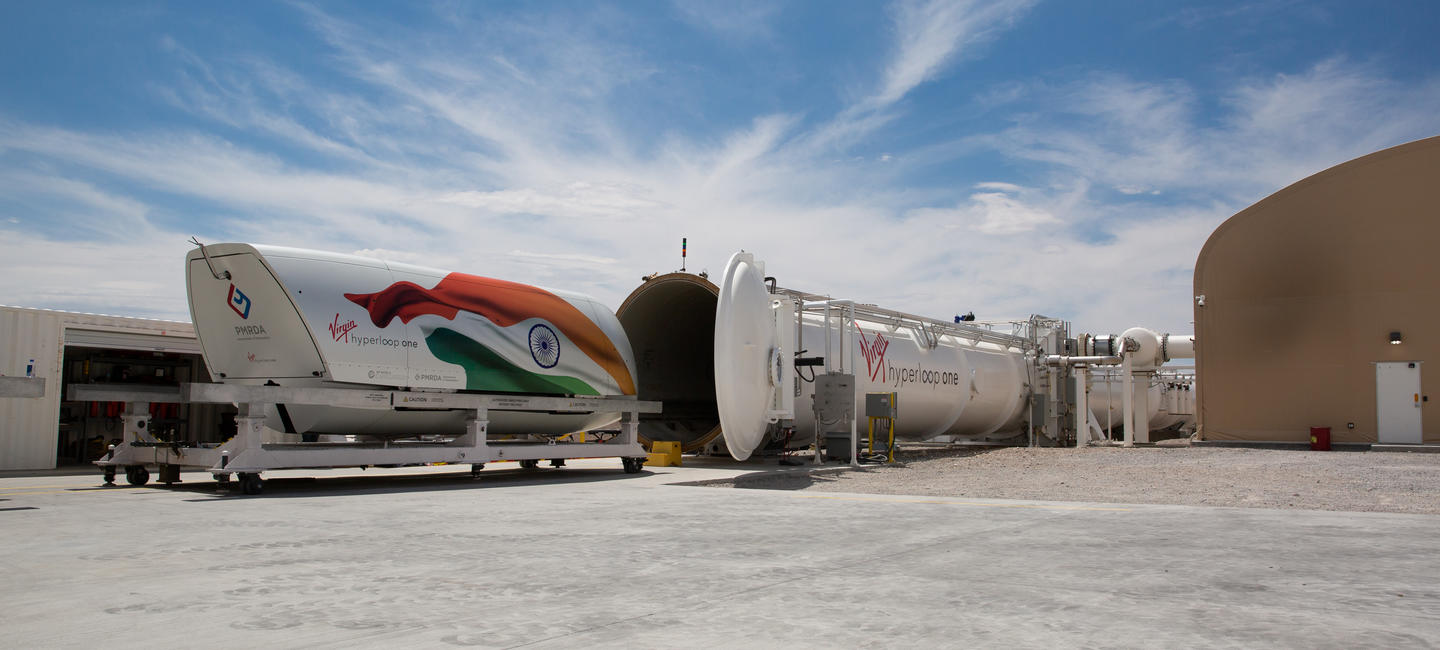The Economic Effects of a Hyperloop Line connecting 2 of India's Largest Cities
SHARE THIS

| Indradeep Ghosh (MDAE), Tushar Kanade (FTI Consulting) | |
| Thursday 11 April 2019 at 4:00 pm (Hong Kong time, GMT +8) | |
|
IAS2042, Lo Ka Chung Building, HKUST, Clear Water Bay |
In late 2017 and early 2018, the Government of Maharashtra (one of India's 29 states) embarked on plans to build a Hyperloop network that will connect the city of Mumbai to the city of Pune, reducing the travel time between the two from more than three hours to under 30 minutes. This paper describes some of the possible effects of such a development. It introduces a new concept called “cost-of-distance” arbitrage to capture the principal economic force that will be activated by a Hyperloop line, and then offers a contextual analysis of how the urban landscapes of Mumbai and Pune might be altered by the line. The paper also presents some preliminary thoughts on how policymakers might adapt extant institutions to the prospect of a Hyperloop line so as to derive the maximum economic benefits from such a revolutionary tool of urban transformation.
The paper is co-authored with Mr Tushar Kanade.
About the Speakers
Indradeep Ghosh is Dean (Faculty) and Associate Professor at the Meghnad Desai Academy of Economics (MDAE). He has a PhD in Economics from MIT, where he was trained primarily as a macroeconomist. Although he still teaches macroeconomics, his research interests have evolved in a more interdisciplinary direction, and he currently thinks and writes about questions at the intersection of economics and the other social sciences and of economics and the humanities. He has published peer-reviewed articles in economics journals and humanities journals, and his co-authored critique of neoclassical economics was also chosen as the lead-essay in the centenary edition of the Quarterly Journal of Speech which is the world's oldest journal of communication and rhetorical studies. He is also deeply interested in economics pedagogy and has published a paper in the International Journal of Economics Education on what he calls "dialogical economics".
Get updates from HKUST IEMS






